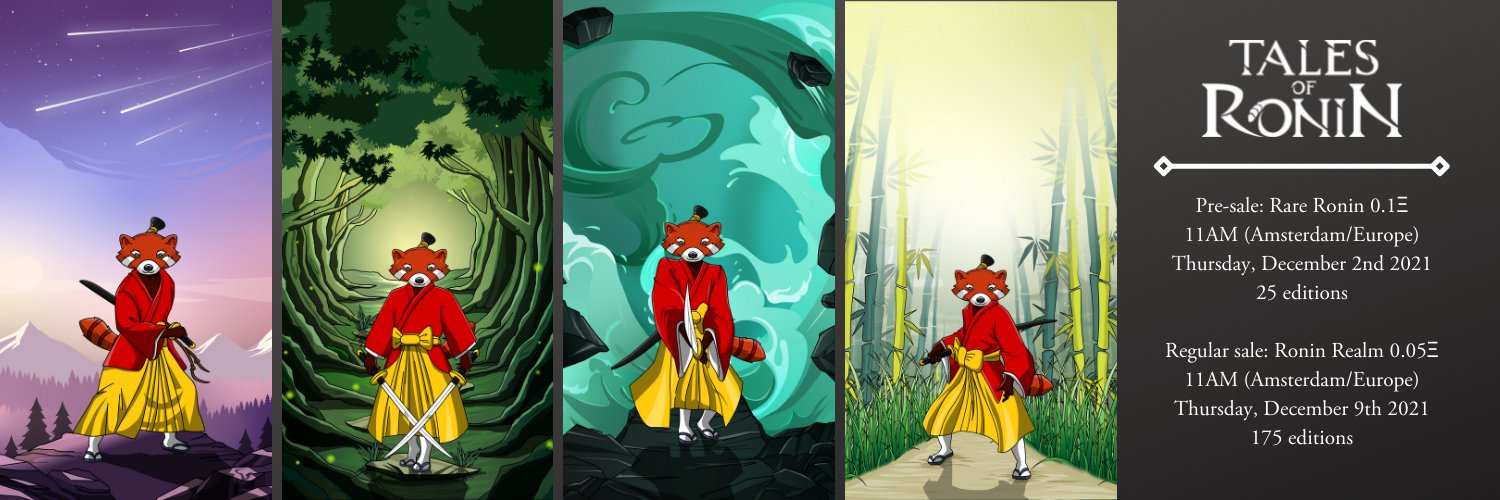First it was the financial sector. Bitcoin will “remain a small, fringe economy” said an article in The Economist in 2013. Then it was the banks themselves. JPMorgan’s Jamie Dimon still maintains BTC is “worthless”.
More recently it was the art world, which sneered as NFTs became the most exciting thing to happen to the visual arts for decades. To one New York Times art critic, it was all just the “get-rich-quick promise of cryptocurrency dovetail[ing] with a teenage aversion to authority.”
No worries. Now the same process is happening with literature.
When Jenkins the Valet - one of the most exciting and innovative NFT x literature projects about - was searching for an author to write a community-driven novel featuring Bored/Mutant Ape Yacht Club members as characters, one literary agent was just a little dismissive.
“I’m not going to pursue this with any of my clients,” said the agent. “What you are doing is interesting but we are book people.”
#WeAreBookPeople has since become a rallying cry for the successful project, which has brought in New York Times best-selling author Neil Strauss to lead the story creation process. The collection has traded almost 2,000 ETH on OpenSea.
The combination of NFTs and the written word might just be the most exciting corner of cryptoland right now.
NFTs are freeing authors from both traditional publishers and Amazon, allowing them to pursue new and experimental forms.

@littlefortunes’s Rare Ronin membership NFT drop sold out in a day. The memberships give their holders not only a great piece of artwork, but also includes them in the process of telling the Tales of Ronin story.
Others are releasing entire novels chapter by chapter as NFTs, or using NFT drops to fund the translation of foreign-language books.

At the risk of shameless self-promotion, I recently launched Tales from the Blockchain, a collection of 100 crypto-focused short stories. Each story is limited to just 100 NFTs, and you must own the NFT to read the story.
We’re at the very beginning of this movement, and that’s exciting. It feels similar to the sense of freedom many authors felt for the first time when the self-publishing revolution first took off.
Literature’s long tradition of valuing first editions of work has a natural equivalent in the world of NFTs. Last year, a copy of Shakespeare’s first folio from 1623 sold at auction for almost $10m.
It may not be too long before early and limited mints of NFT-based literature begin fetching similar amounts.
Enzo Chul Ortega is author of the Tales from the Blockchain collection of NFT-based short stories.


